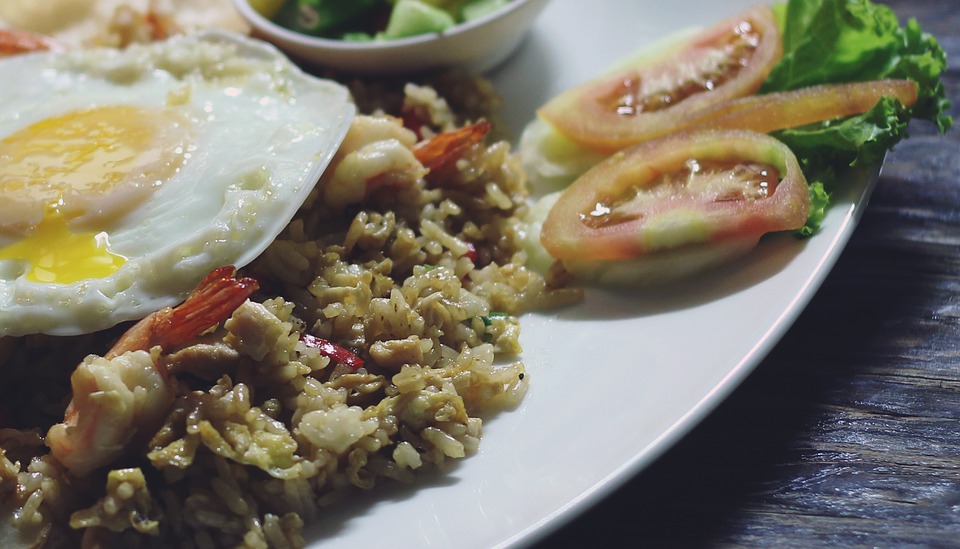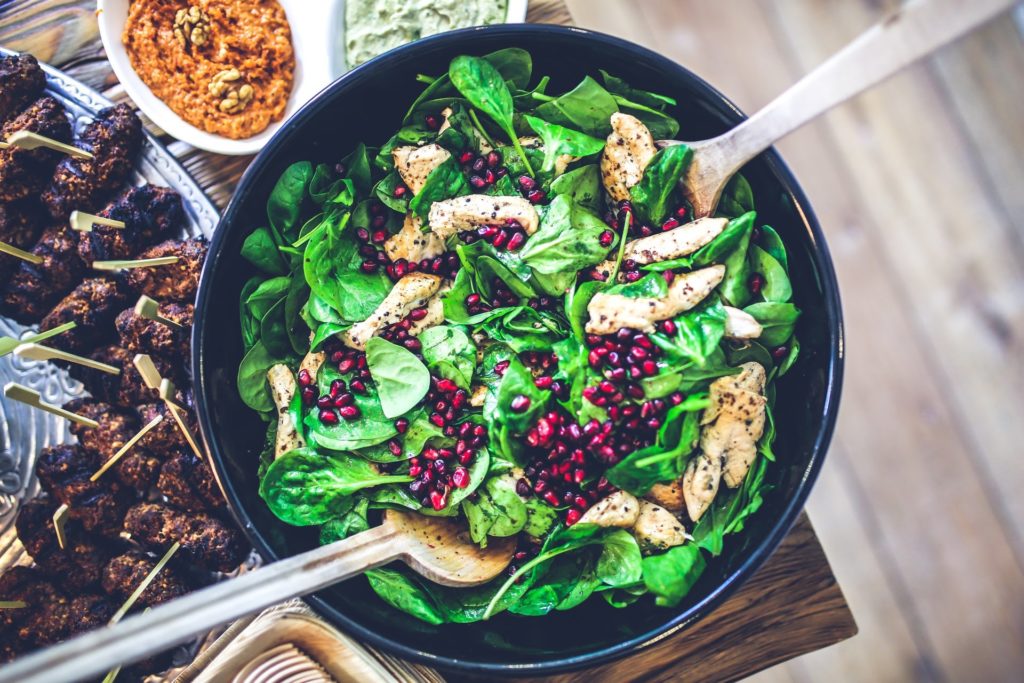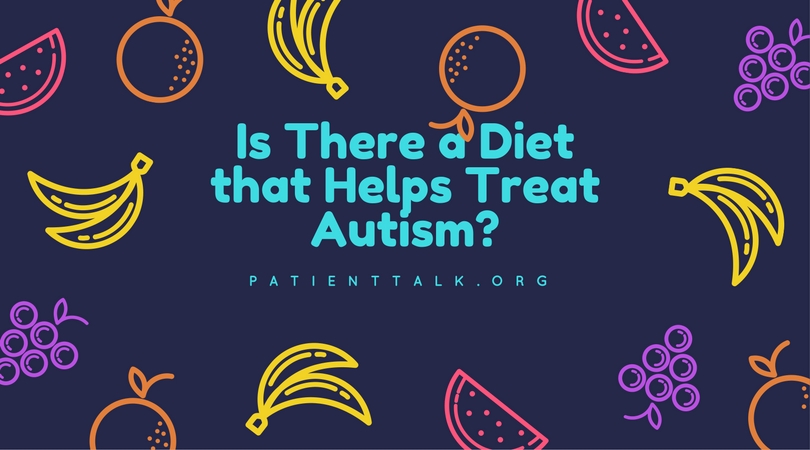“Pregnant vegetarians are three times more likely to have kids who abuse drugs and alcohol,” reports the Mail Online. Researchers claim to have found a link between substance abuse at age 15, and diet of the child’s mother during pregnancy. But it is far from clear that avoiding meat in pregnancy “causes” substance abuse in teenagers.
The research was based on a long-running study in the UK. Researchers asked almost 10,000 teenagers about their use of alcohol, cannabis and tobacco, and about half responded. They then looked at the dietary records the teens’ mothers had filled out in pregnancy, to see if they could spot any relationships between the two.
The study found that children of women who ate most meat in pregnancy were less likely to be users of alcohol, cannabis or tobacco at age 15, compared to those who ate little or no meat. The researchers speculate this could be because women who don’t eat meat might have low levels of vitamin B12, which affects brain development.
However, we can’t know that diet in pregnancy was definitely the cause. Many factors are likely to be involved in something as complex as whether a teenager uses drugs or alcohol. This study cannot rule out that factors other than diet are responsible for the link seen.
That said, it’s important to be sure you get all the nutrients you need in pregnancy, including iron, vitamin B12 and calcium. You can do this without eating meat or dairy, though some women may need additional supplements.
Read more advice on vegetarian and vegan diet during pregnancy
Where did the story come from?
The researchers were from the University of Bristol in the UK, and the US National Institute on Alcohol Abuse and Alcoholism in Rockville, University of Illinois at Chicago and University of California, San Diego, all in the US. The research was published in the peer-reviewed journal Alcoholism: Clinical and Experimental Research.
The Mail Online’s headline is unnecessarily scaremongering. It quotes only the most extreme link found, and does not explain any of the limitations to the study in its article. It states that “most vegetarians have a B12 deficiency while pregnant”, and reports on the risks associated with vitamin B12 deficiency in pregnancy, but the study did not actually assess whether any of the women had a B12 deficiency.
This study alone cannot prove a definite link and other factors could be contributing to the findings.
What kind of research was this?
This was an analysis of data taken from a large, ongoing prospective cohort study called the Avon Longitudinal Study of Parents and Children (ALSPAC).
Cohort studies can identify patterns that may suggest risk factors for diseases or conditions such as substance abuse, but they can’t prove that one factor (in this case maternal diet) directly causes another (in this case substance abuse). This is because it is difficult to remove the impact of all other factors.
What did the research involve?
The new study came out of a long-running UK project, which has tracked what happened to almost 15,000 babies born to women in the Bristol area in 1991 to 1992.
In this study, just over 5,000 children in the group (about half of those invited) answered questions about their cannabis, alcohol and tobacco use. Researchers compared their answers to the dietary records taken from their mothers 15 years earlier, during their pregnancies. They checked whether children of women who reported eating little or no meat were more likely to report using alcohol, tobacco or cannabis.
The researchers made efforts to account for other possible causes for their findings (confounding factors). They adjusted their figures for these factors:
housing (owned, rented or social housing) and overcrowding
maternal education level
how many children were in the family
social class of the parents
occupation
ethnicity
the mother’s age when the child was born
family income after the child was born
parent/child relationships
Pregnant women who eat vegetarian diets may find it difficult to get enough vitamin B12 – one of the nutrients found in meat and important for brain development. The researchers thought that the mother’s levels of B12 could be responsible for their findings.
To test this, they also carried out a study in which they looked at women’s genetic variations, which may affect their ability to use vitamin B12. They looked separately at women with and without these specific genetic variants and whether there was a link between meat eating and children’s substance abuse.
What were the basic results?
Of the 9,979 teenagers invited to take part, 5,246 attended. About 10% of teenagers reported one of the following:
behavioural problems due to drinking alcohol (such as getting into fights because of drinking)
moderate use of cannabis (defined as using cannabis “at least occasionally”)
using tobacco on a weekly basis
The researchers carried out various analyses looking at different aspects of diet and these substance use outcomes. They found that teenagers born to mothers who had a “vegetarian” diet pattern had:
28% higher odds of having behavioural problems associated with alcohol (odds ratio (OR) 1.28, 95% confidence interval (CI) 1.17 to 1.41)
42% higher odds of using cannabis moderately (OR 1.42, 95% CI 1.30 to 1.55)
21% higher odds of using tobacco weekly (OR 1.21, 95% CI 1.10 to 1.33)
The study also found that the chances of having one of these substance abuse problems tended to lessen the more meat a woman reported eating.
The “three times more likely to have kids who abuse drugs or alcohol” figure quoted in the Mail Online’s headline seems to relate to the comparison of women who never ate meat compared to women who ate meat daily in pregnancy – the teens born to women who never ate meat had 2.7 times the odds of being moderate cannabis users (OR 2.7, 95% CI 1.89 to 4.00). The links with the other substance use outcomes were lower (OR for alcohol problems 1.75, and OR for weekly tobacco use 1.85).
In the genetic part of their study, the researchers found that the links between the mother’s meat intake and her child’s later substance abuse were stronger in women who had genetic variations that may allow the body to use vitamin B12 more efficiently. For women with a genetic variation that meant they couldn’t use B12 so well, their children’s risk of substance abuse was not linked to the amount of meat they ate.
That could be because eating more meat did not translate into more vitamin B12 for women with this genetic variation.
How did the researchers interpret the results?
The researchers said: “This study identifies low meat consumption in the prenatal period as [a] potentially modifiable risk factor for adolescent substance use.” They say that socioeconomic differences between women who did or did not eat meat were “unlikely to explain” their findings.
They say that vitamin B12 deficiency is “highly likely” to contribute to their findings, and suggest more fortification of foods with vegetarian sources of B12, and greater use of supplements.
Conclusion
While having too little vitamin B12 in your diet during pregnancy can affect a baby’s development, it remains to be proven whether a vegetarian diet in pregnancy can cause substance abuse problems in teenage offspring.
The findings do not mean that vegetarian pregnant women need to start eating meat. It is already recommended that vegetarian and vegan mums-to-be take special care to ensure they get enough of certain nutrients that are found in meat and fish, such as vitamin B12, vitamin D and iron. The study identifies a possible link between having little or no meat consumption in pregnancy (which may have led to vitamin B12 deficiency) and substance abuse in the offspring, 15 years later.
Substance abuse is a complicated problem, it is unlikely that one factor such as maternal diet in pregnancy could have caused it. However much the researchers tried to account for other potential confounding factors, it’s very difficult to untangle the mother’s diet in pregnancy from everything that happened between conception and the child’s 15th birthday.
More research is needed before we can come to more definitive conclusions.
The study has some limitations that may affect the reliability of the results:
-
Only half of the children invited to participate in the research at age 15 did so. We don’t know what happened to the other half, or why they dropped out of the study. We don’t know if their results would have supported or undermined the study findings.
We don’t know whether the pregnant women were deficient in vitamin B12, because they weren’t tested for it. We have to rely on the questionnaires they filled in about their diet back in 1991 or 1992. We don’t know whether their diet changed during pregnancy, or whether they were deficient in other important nutrients.
We don’t know how accurate the teenagers’ reports of substance abuse were, or whether they reflect long-term use of alcohol, cannabis or tobacco – the research gives us a “snapshot” view of one point in time.
While the researchers tried to take into account a number of socioeconomic factors, and also some aspects of the parent-child relationship, the effects of these complex factors are unlikely to have been fully removed.
While the study doesn’t add much to what we already know about diet in pregnancy, it’s a reminder that pregnant women do need to ensure they get all the nutrients they and their growing baby need.




